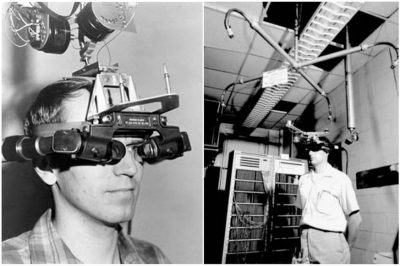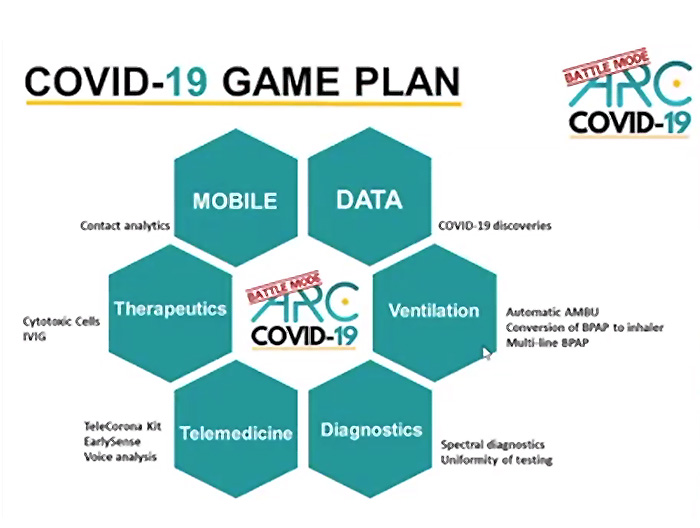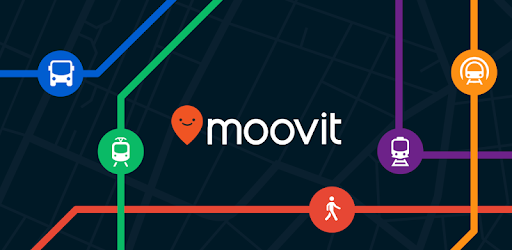
As described in a new report conducted by PTC and BCG titled Unleashing the Power of Data with IoT and Augmented Reality, augmented reality (AR) is still emerging as a key technology to leverage and amplify the full potential of the Internet of Things (IoT). I say “still emerging,” because, despite its well-recognized potential, industry has been slow to adopt AR in a meaningful way. While early AR systems were ill-suited for mass adoption, fast technology innovation in both IoT and AR over the past half-decade opens new possibilities. PTC saw this opportunity back in 2015 and acquired AR vendor Vuforia, and has been at the forefront of developing these technologies and promoting their strategic value.
Read More



